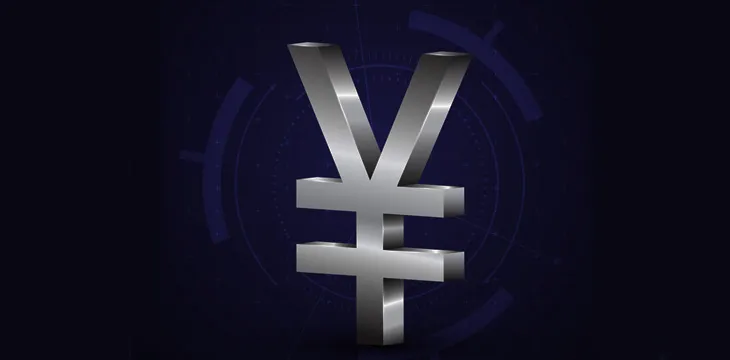|
Getting your Trinity Audio player ready...
|
The reality is that cryptocurrencies are here to stay, and are going to eventually be a standard form of currency. Many countries around the world are already exploring central bank digital currency (CBDC), with several already having gone so far as to have launched their own solutions. While others continue to consider the possibility of introducing their versions, it now seems that Japan is ready to forge ahead. According to a Reuters report, a digital yen could be up for discussion by lawmakers by this summer.
Japan’s ruling party, the Liberal Democratic Party (LDP), believes the country should introduce its own digital currency “within two to three years” and a senior LDP member, Kozo Yamamoto, expects to see a plan laid out sometime this year, possibly included in the government’s key policy guidelines this summer. Yamomoto is the head of the party’s research commission on finance and banking systems, and adds, “The sooner, the better. We’ll draft proposals to be included in government’s policy guidelines, and hopefully make it happen in two-to-three years.”
The lawmaker isn’t alone. Former economy minister Akira Amari and other legislators are behind the idea as a response to the possibility that China will issue its own digital currency, and Yamomoto is confident that the lawmakers can pool their efforts and lead a united front to make a digital yen a reality.
There are obstacles that stand in the way on both the technical and the legal sides; however, there’s nothing that would prevent legislation from being introduced that could overcome these hurdles. As more attention is paid to CBDCs around the world, it’s only logical that Japan would want to make a move toward launching its own, especially as China ramps up its crypto efforts.
The global economy is evolving and it’s happening at a much faster pace than before. The US dollar is no longer the only currency being considered as the primary money, and an introduction of CBDCs will allow this change to be processed at a faster pace. In certain international markets where the dollar has been the foundation, Yamomoto believes that a CBDC could help stabilize those markets, adding, “If each country manages to control flows of money with their own (digital) currencies, that could prevent a big swing at a time of crisis and stabilize their own economy.”

 07-02-2025
07-02-2025 





